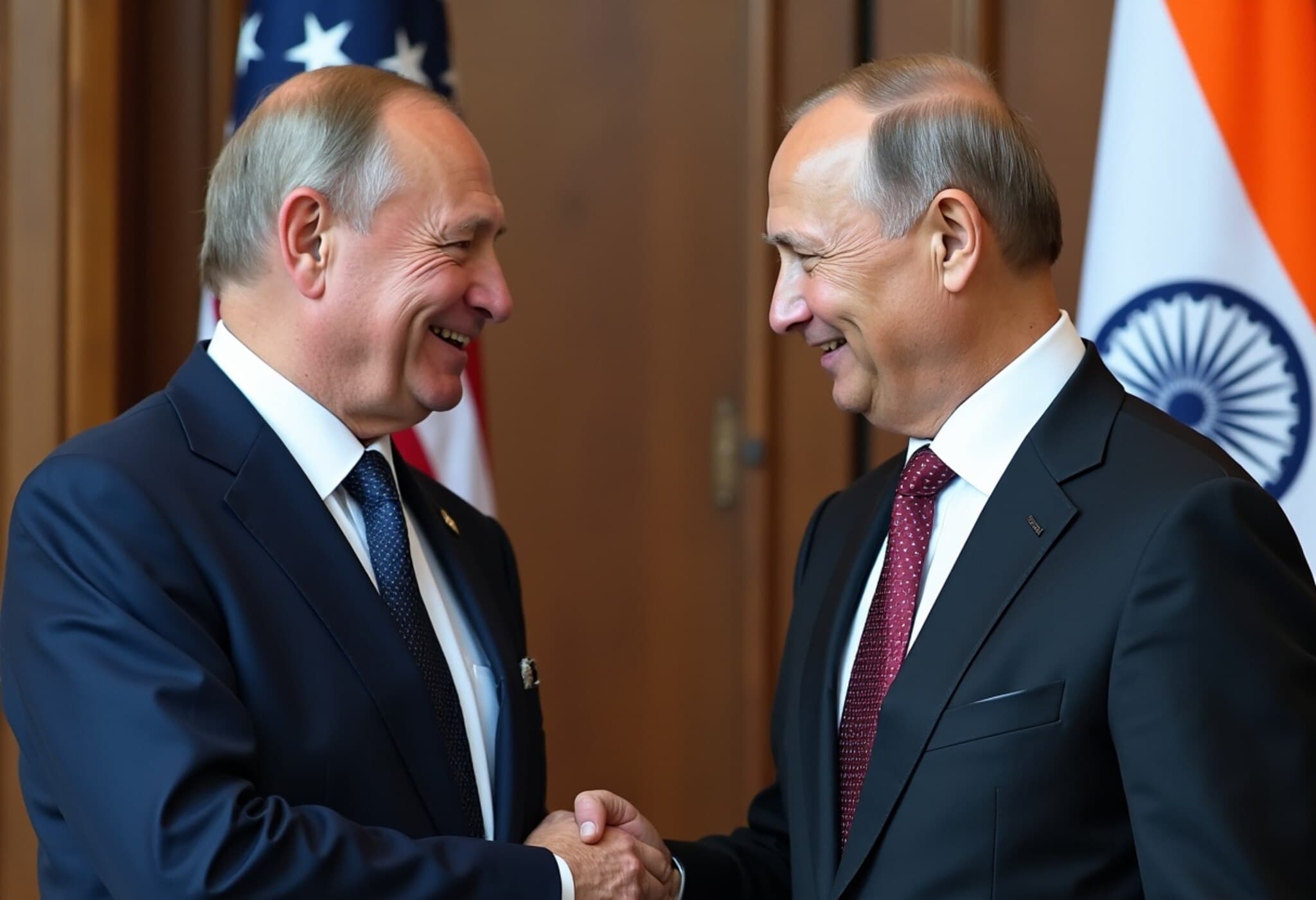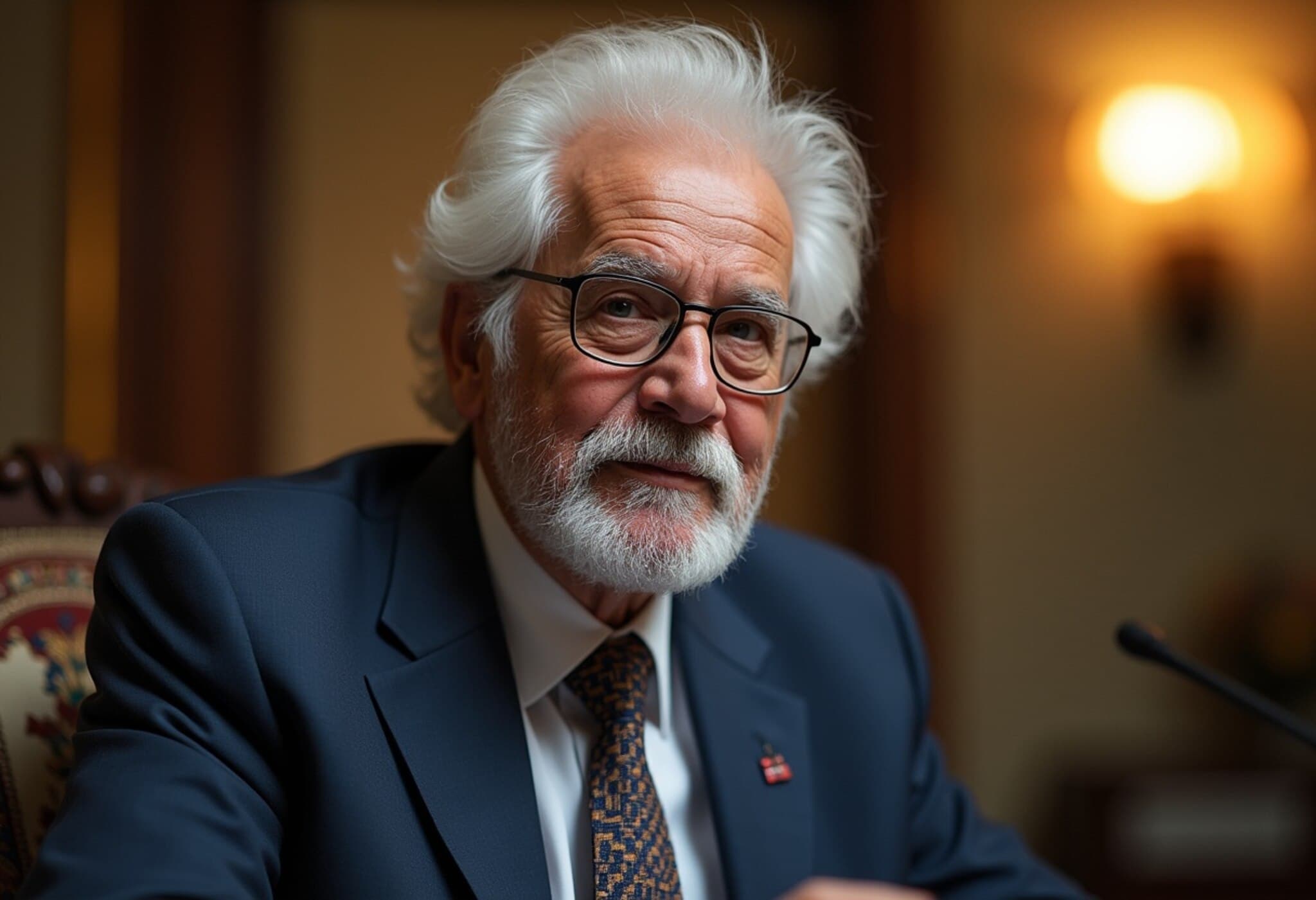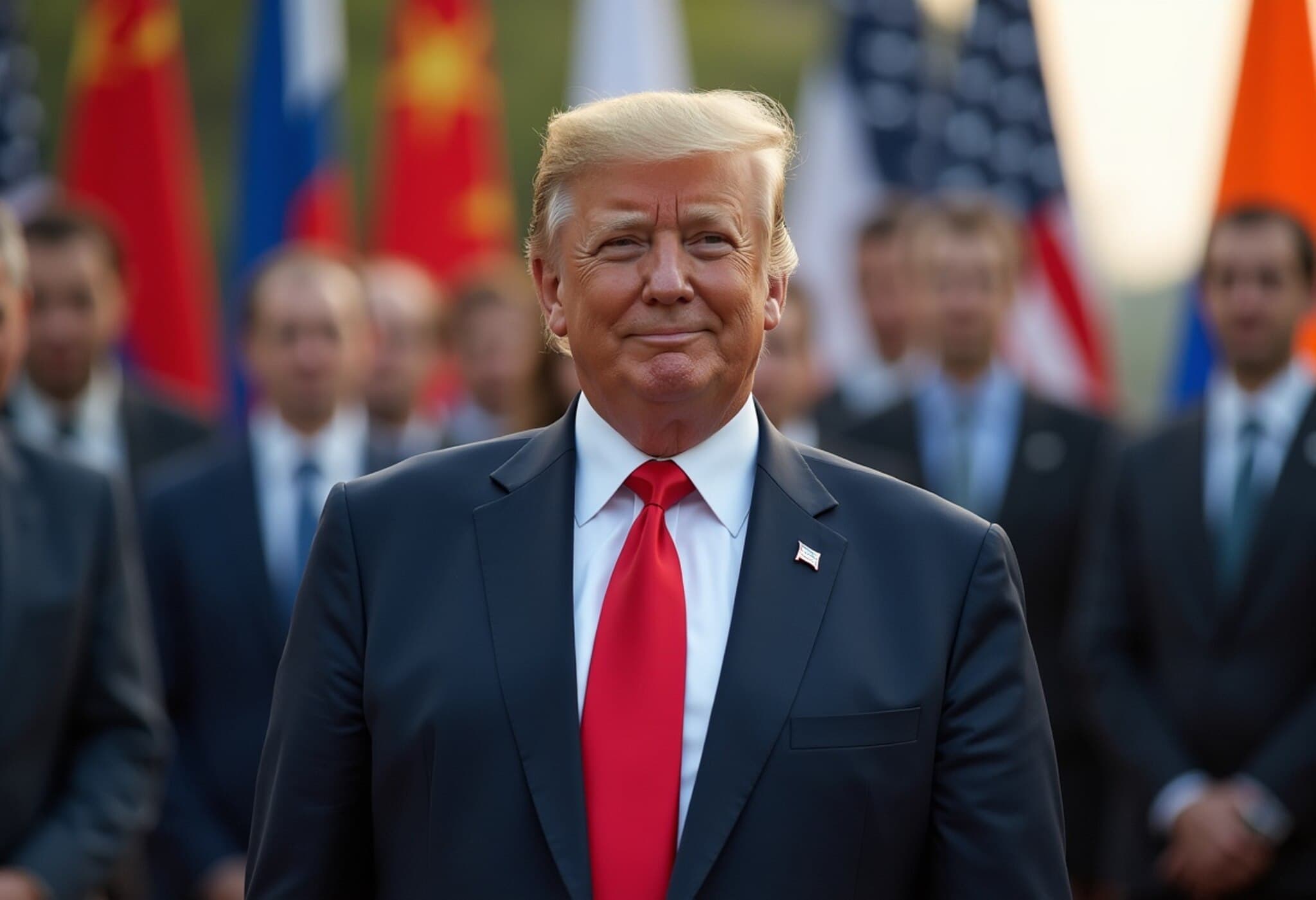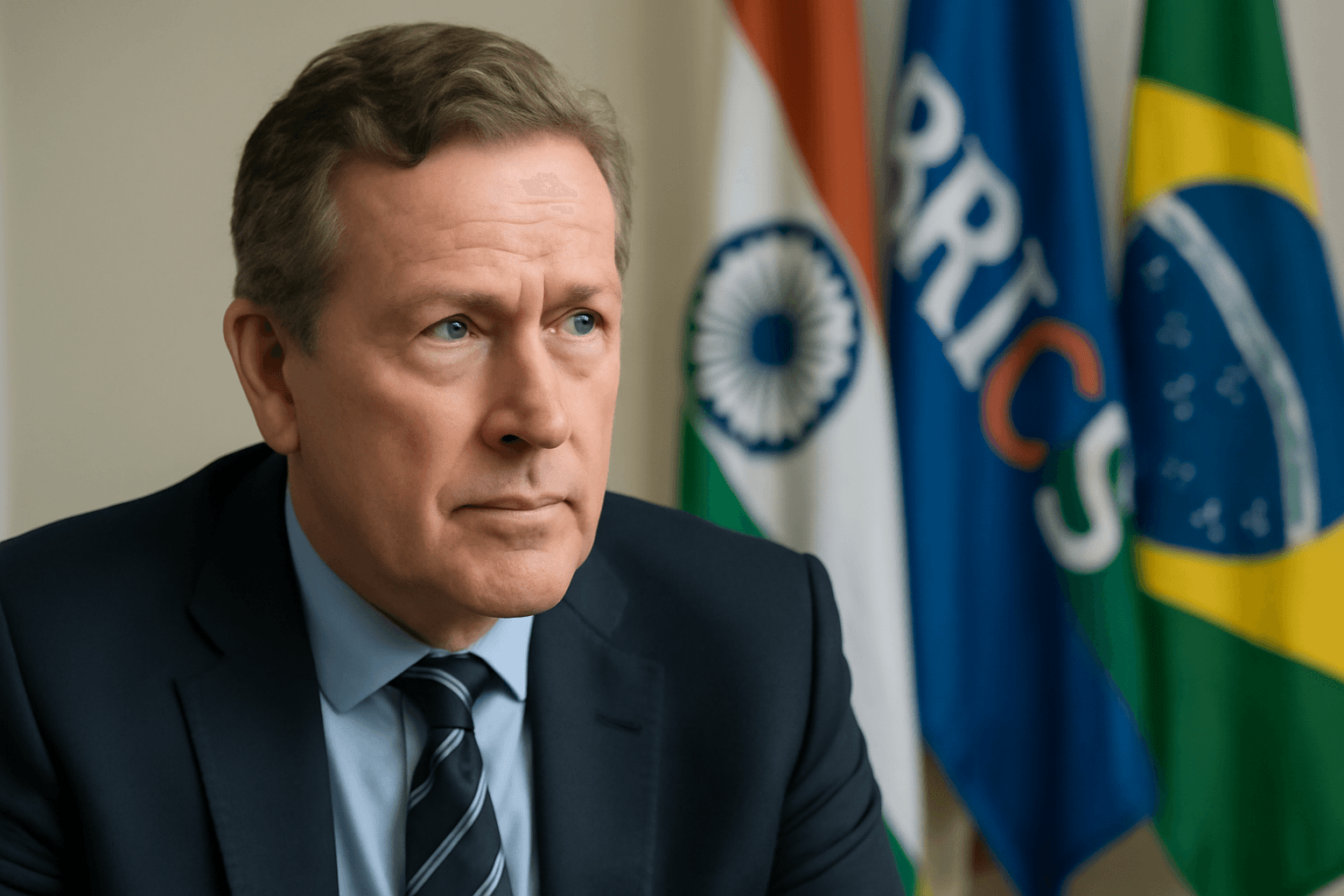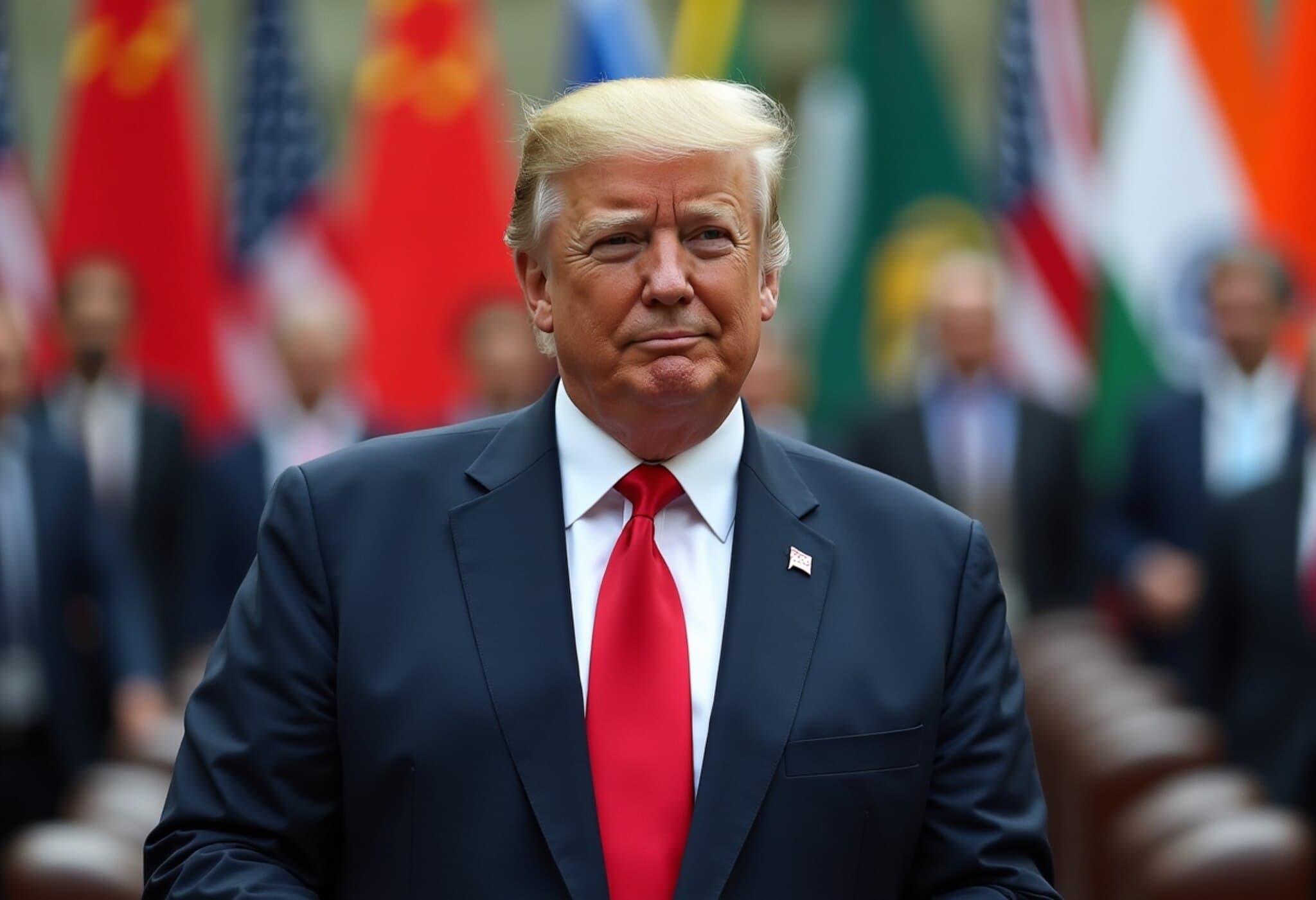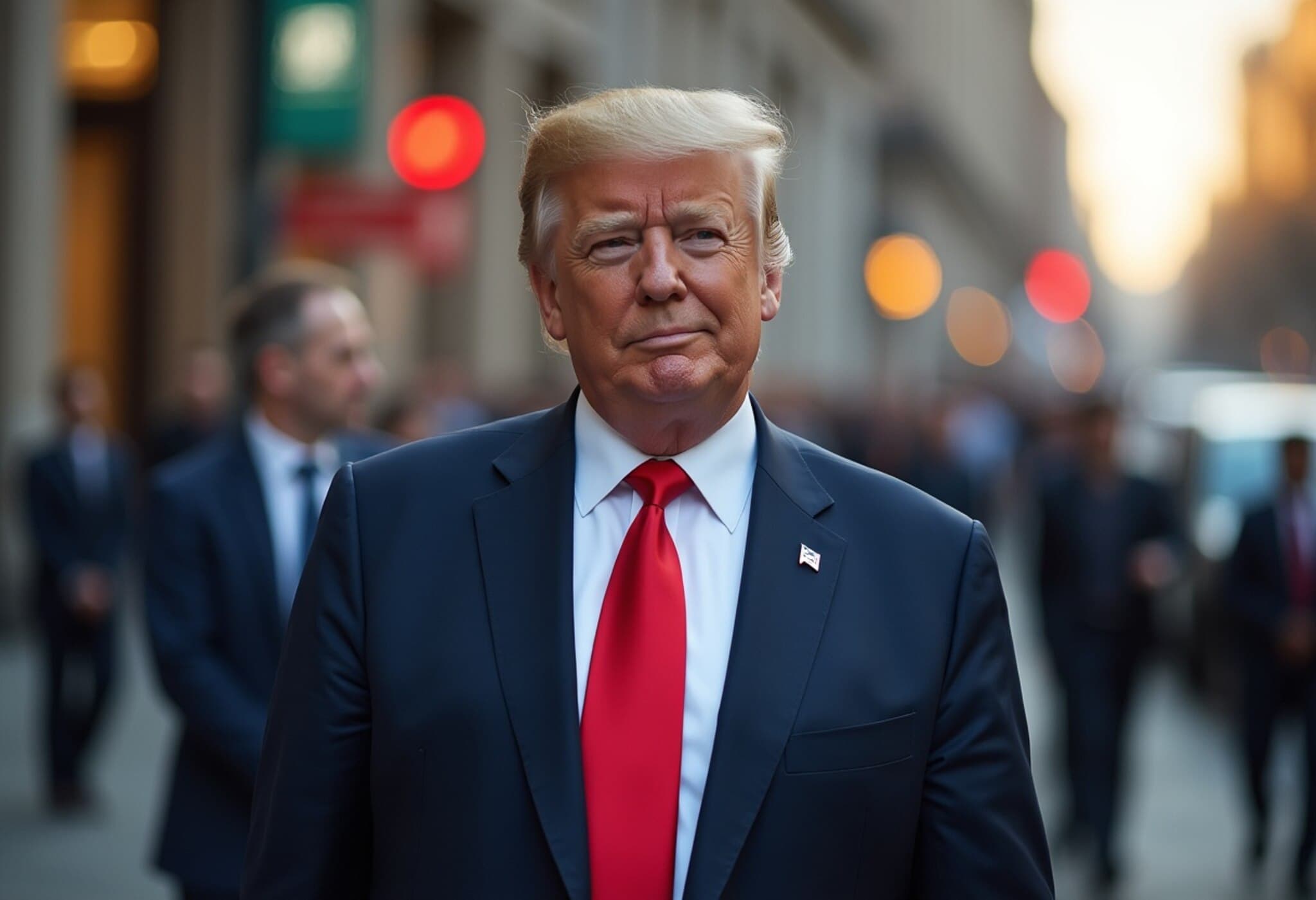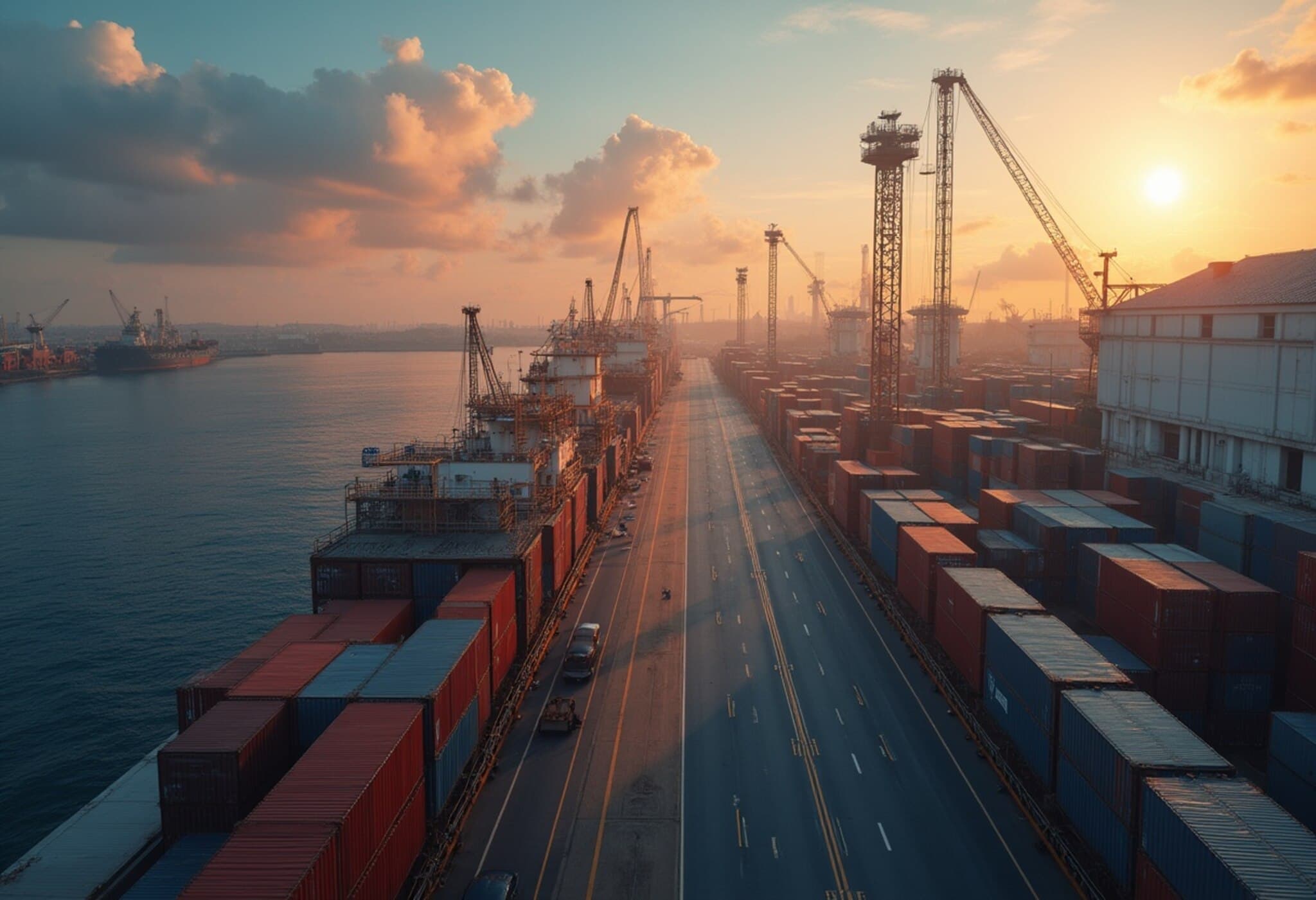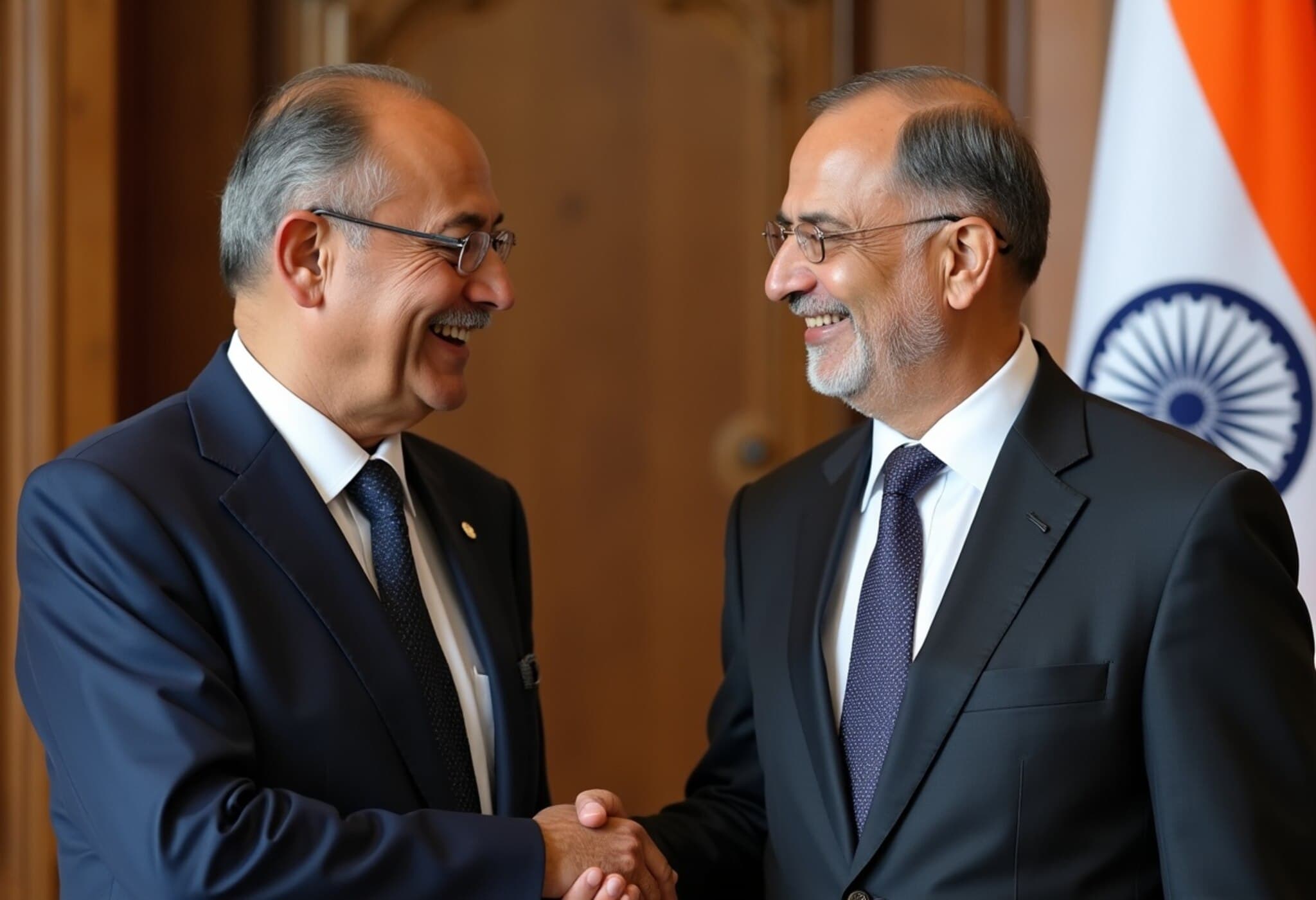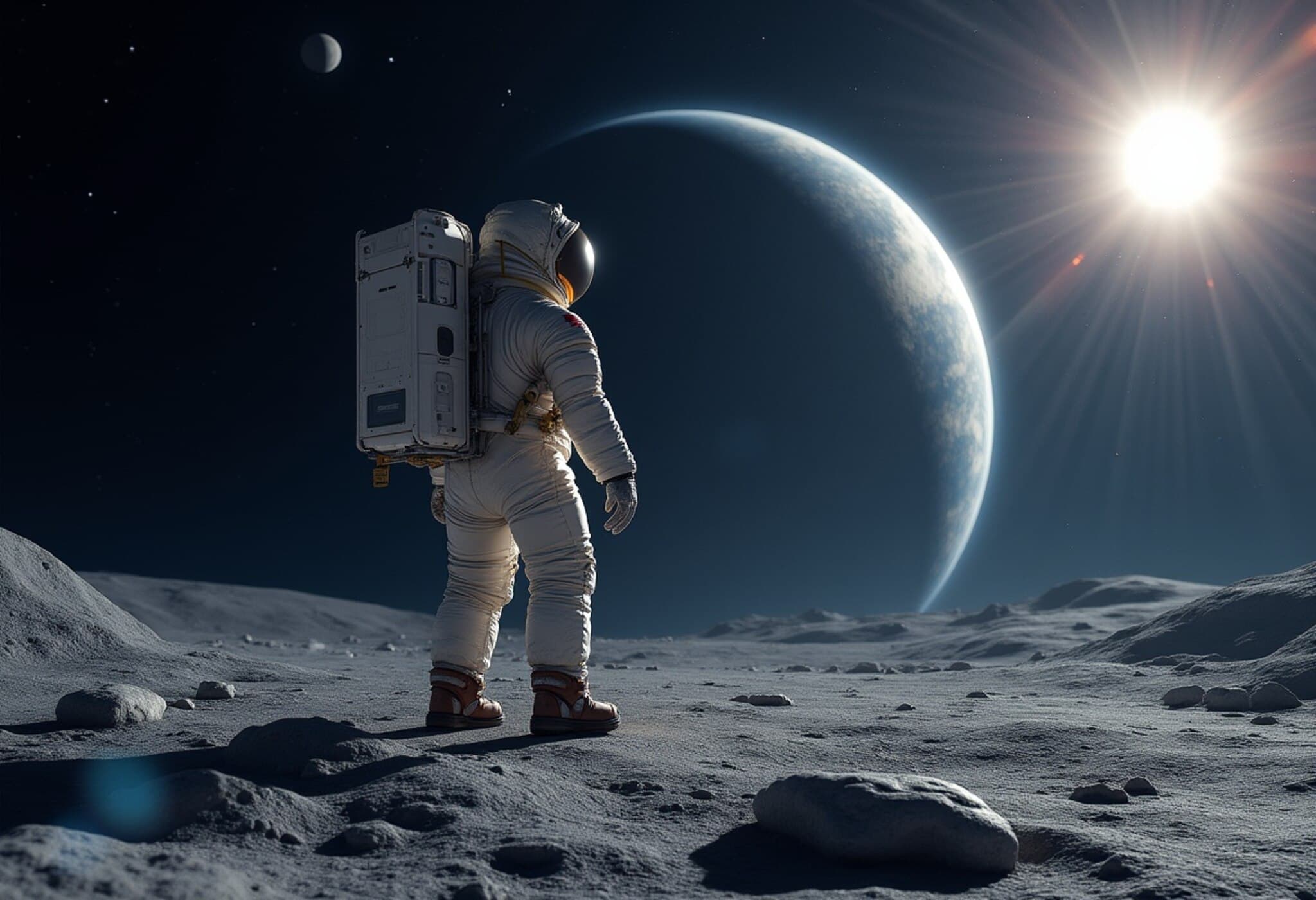Russia Criticizes US Tariffs, Accuses Washington of Neocolonial Ambitions
In a striking development that highlights growing tensions in global trade relations, Russia has sharply condemned the United States' recent decision to increase tariffs targeting countries of the Global South. Russian Foreign Ministry spokeswoman Maria Zakharova labeled the US actions as part of a neocolonial agenda, reflecting America's struggle to come to terms with an increasingly multipolar world order.
“Sanctions and restrictions have unfortunately become a defining feature of the current historical period,” Zakharova said. She emphasized that the imposition of tariff hikes and economic sanctions is a politically motivated attempt by Washington to coerce countries that assert their sovereignty and pursue independent foreign policies.
BRICS and the Global South: A United Front Against Western Economic Pressure
Zakharova underscored Russia’s solidarity with a broad coalition of nations, particularly groups like BRICS (Brazil, Russia, India, China, and South Africa), which she described as central to shaping a new, more equitable international economic system. “No tariff wars or sanctions can halt the natural course of history,” she remarked, highlighting a growing global push towards de-dollarization and cooperation beyond the traditional Western-dominated economic frameworks.
This comes amid ongoing moves by BRICS members, especially China, to challenge the US dollar’s global dominance—a maneuver that reportedly unsettled former President Donald Trump. Analysts see these developments as emblematic of a larger shift away from unipolarity towards a multipolar international order that could recalibrate global economic and political influence.
US Tariffs Target Brazil and India Amid Energy Trade Controversies
The Russian statement singled out Brazil, a vital partner in Latin America, as a victim of Washington’s “politically driven protectionism” and arbitrary tariff barriers. This targeting is widely viewed as an attempt to stifle emerging economies that resist aligning fully with Western policies.
Furthermore, President Trump’s recent comments on Truth Social accused India of profiting from the resale of Russian oil, threatening to impose significantly higher tariffs on Indian imports. India swiftly rejected these claims, calling them “unjustified and unreasonable.” The Indian Ministry of External Affairs emphasized that its trade decisions are grounded in national interests and energy security considerations, noting that the US and European Union continue engaging in energy trade with Russia.
Implications for Global Trade and Geopolitics
Experts suggest that the US’ hardened stance on tariffs could exacerbate tensions with key partners and accelerate the fragmentation of international trade alliances. Russia's response, invoking commitments to resist unilateral sanctions and promote a more balanced global order, reflects an undercurrent of geopolitical maneuvering where economic tools are weaponized to maintain influence.
The escalating tariff disputes raise critical questions about the future of global trade norms, the legitimacy of unilateral sanctions in international law, and how emerging powers might reshape the architecture of global governance.
Editor’s Note
The unfolding tensions between the US and countries of the Global South, underscored by Russia’s vociferous criticism, spotlight an era of profound transition in international relations. As economic sanctions and tariffs become instruments of geopolitical rivalry, the resilience and unity of platforms like BRICS could redefine global power balances. Readers are invited to consider: How will these shifts influence the future of free trade, multilateralism, and global economic stability? What role will emerging economies play in crafting a fairer, multipolar world?









